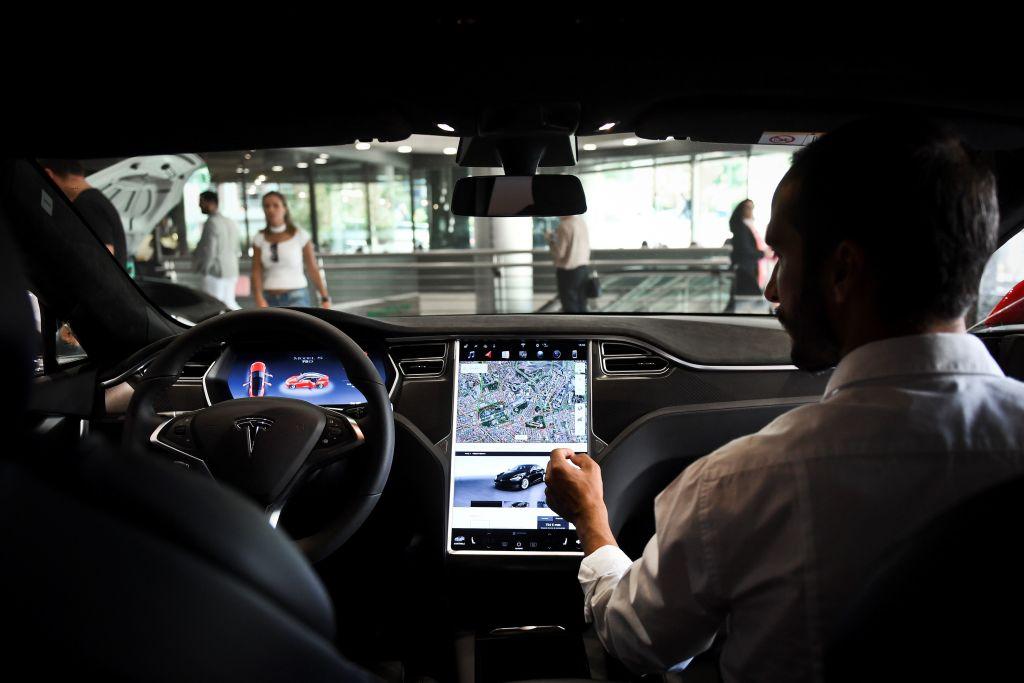The prices of used electric vehicles are plunging at a faster pace than their gas counterparts amid an overall decline in wholesale used car prices, according to a recent analysis by Cox Automotive.
The Manheim Used Vehicle Value Index, an indicator of pricing trends in the used vehicle market, declined by 8.9 percent in June from a year prior, says a July 9 Cox press release.





